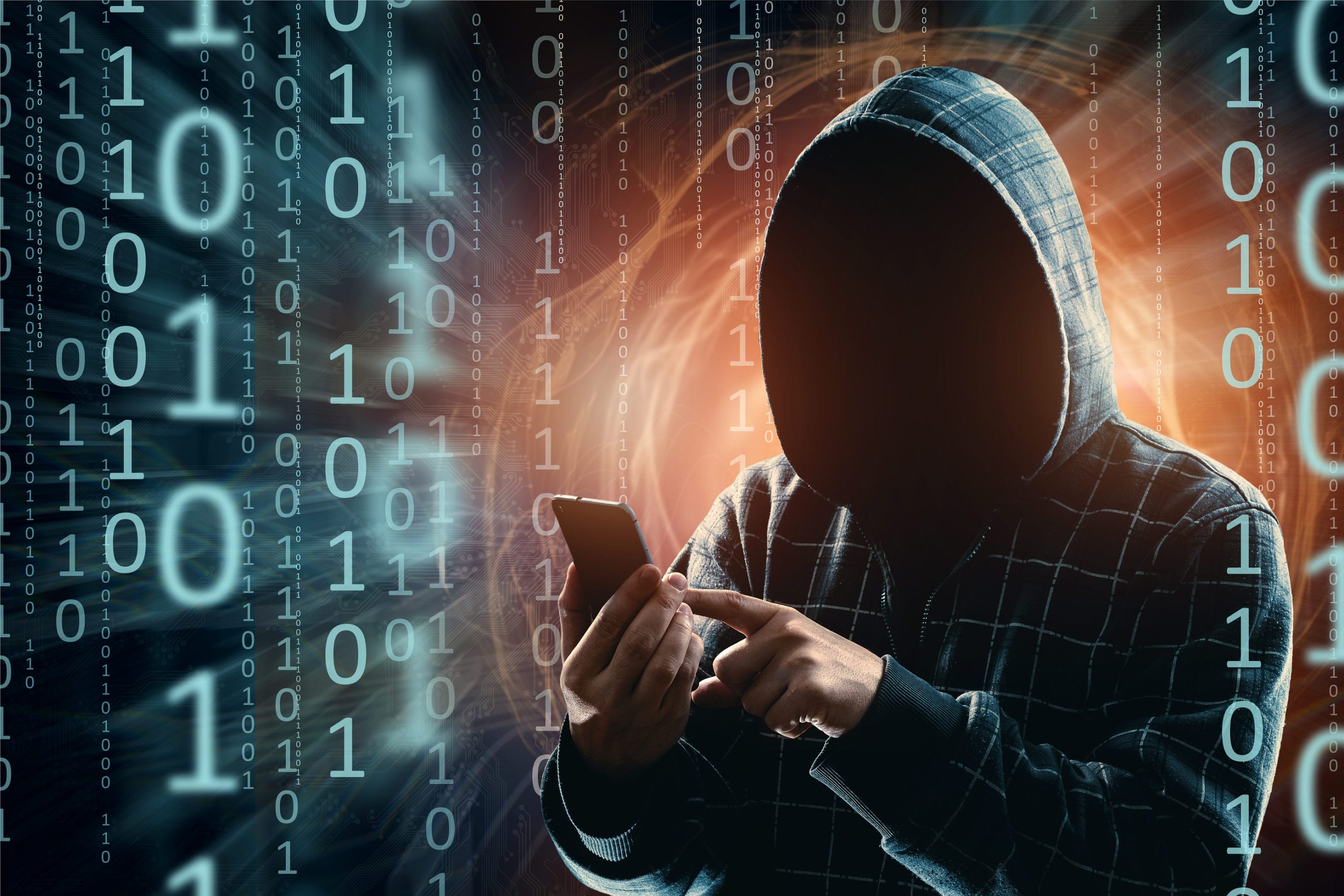
Cybercrime has been a 21st century problem that came along with widespread use of the internet and keeping important information in digital format.
But something that happened this year has made it more dangerous than it ever has been before.
While the COVID-19 pandemic disrupted how we work and live over multiple weeks, hackers, phishing scammers, and other cyber criminals saw the disruption as a huge opportunity.
During the pandemic phishing attacks and reports of cybercrime have gone through the roof, leaving many individuals and small businesses at a highly increased risk of identity theft, credit card fraud, or a data breach.
Managed service providers as well as info security experts, and government organizations have noticed the large uptick in online attacks. Here are just a few of the eye-opening statistics:
- There has been a 30,000% increase in phishing, malicious websites, and malware that capitalize on the pandemic.
- The FBI’s Cyber Division has seen an increase from 1,000 daily complaints to between 3,000 – 4,000 daily complaints of cybercrime during the crisis.
- 71% of security professionals say their organization has seen increased security threats or attacks since the COVID-19 outbreak started.
What Are Some of the Factors for the Increased Danger?
There are several factors converging due to the pandemic that have created fertile ground for the increase in cybersecurity threats and attacks. These include:
- Companies having to quickly switch to a remote workforce
- Lack of remote worker security
- Fear, confusion and a desire for COVID-19 information
- Companies not having time to fully review new cloud apps
- Home networks being more vulnerable than business networks
- Business processes being completely upended
How to Protect Yourself & Your Data from the Heightened Cyberthreat Environment
Whether you need to protect the online banking login on your smartphone or keep an entire business network from being infected with ransomware, putting strong safeguards in place can help.
These go beyond just using a simple antivirus tool and help protect your data from any number of sophisticated attacks.
Use Mobile Security Best Practices
People often get lax when it comes to mobile phone security. They mistakenly think that a virus or phishing attack is more applicable to a computer than a mobile device.
But with mobile devices being used more and more for things like mobile payments, online banking, and accessing business data, they’re now a prime hacker target.
Make sure you follow best practices for mobile security, such as:
- Using a mobile antivirus/anti-malware app
- Not downloading any unknown apps or those not in an official app store
- Being aware that shortened links are often used in mobile phishing attacks
Keep Your Computer Updated & Monitored
One of the best protections for your computer is to use either a business or residential managed services plan.
Beyond keeping your PC in top condition, it includes multiple safeguards that are much needed in today’s threat environment. Some of the protections that an MSP include are:
- Ongoing monitoring for any threats trying to get in
- Update and patch management to apply vital security updates
- Protection from ransomware, viruses, and other malware
- On-call tech support when you need it
Put an Emphasis on Remote Connection Security
One of the biggest vulnerabilities that cybercriminals have been taking advantage of during the pandemic lockdowns is the lack of security for remote connections to business assets.
Data sent through home networks, unsecure connections to cloud applications, and things like shadow IT (when employees use cloud apps for work that haven’t been approved) have caused a heyday for hackers looking to steal sensitive information.
While you may be planning to bring all your workers back onsite to your Lake Okeechobee business, there is no telling when another pandemic will send every remote again. So, it’s important to invest in remote worker security now.
Use an Endpoint Management System
The years of one employee doing all their work on a single computer at the office are long gone for nearly everyone. Employees now do a good deal of their work via mobile devices, which has improved productivity, but added security challenges.
Today’s businesses need a system that allows them to monitor and secure device access to business applications and data, no matter where those devices are located. That’s the definition of what an endpoint management system does.
This is a platform that can remotely manage computers and mobile devices, apply security updates, revoke or grant app access, and monitor which devices are accessing which apps at all times. This is an important safeguard to keep rogue elements from accessing your resources.
Use Folder Protection Capabilities in Anti-Malware Apps
Windows Security in Windows 10 has some features that every user can easily deploy to add additional protection.
For example, by enabling the “Controlled folder access” in the Ransomware Protection area of Windows Security, you can help prevent unauthorized changes to important files and folders by malicious applications.
Improve Your Cyber Defenses with a Managed Services Plan
Cris’s Tech Repair offers managed services for residential, home office, and business needs. It includes multiple safeguards in one to protect your device from a breach or online attack.
Contact us today to sign up or learn more at 561-985-4961 or through our website.
